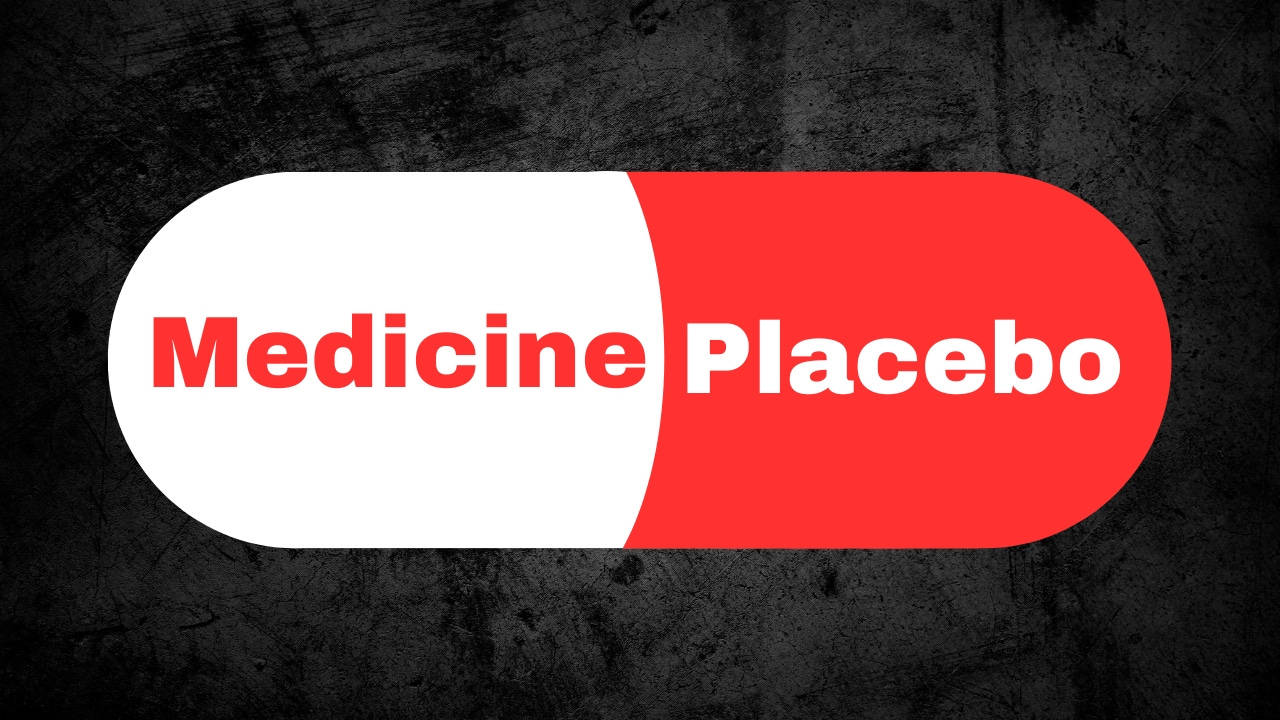The Placebo Effect
How the innate healing power of the body confounds pharmaceutical companies, provides cover for wellness grifters, and remains a core mechanism of human healing.
With enough time the body generally does a pretty good job at healing itself. If you catch wind of a virus or bacteria, or if a cell decides to start dividing uncontrollably, your two parallel immune systems (the innate and the acquired) have a stunning number of strategies to sort out the underlying issue before it even comes to your awareness. In many cases, the symptoms you have when you’re feeling sick—a runny nose, headache, creaking joints, fever, etc.—don’t stem from the actions of a viral or bacterial intruder, but from the activity of your innate immune system as it tries to kill the bug. In time, the body usually wins its battle and everything goes back to normal.
Sometimes when we start feeling sick we seek outside help to speed our recoveries. These professional healers could be anyone from board certified experts in biomedicine, to spiritual healers, or podcast influencers who dispense advice, protocols, surgical procedures and chemical interventions that promise to solve our underlying problems. After all, at the end of the day the only thing patients want is to feel better.
The surprising—nay, miraculous—thing is that more often than not, regardless of the intervention they seek out, sick people generally do get better.
The body never stops trying to heal itself. As a result, there’s a fair amount of statistical fuzziness between witnessing a recovery and knowing with absolute certainty that any one intervention assisted in the healing process.
This is the problem of the placebo effect. How do you know if a medicine really works if you might have gotten better without it?
Keep reading with a 7-day free trial
Subscribe to Magnetic North: One Journalist's Quest to Make Sense of the Universe to keep reading this post and get 7 days of free access to the full post archives.


